Cognitive-behavioral therapy (CBT) and behavior therapy emphasize the connections between thoughts, physical sensations, and behaviors in the maintenance of anxiety-related problems. These forms of therapy are present-focused and involve helping clients understand the nature of their symptoms and what is maintaining them, as well as teaching them tools for how to break out of unhelpful symptom patterns.
Exposure therapy (a type of CBT sometimes also referred to as exposure and response prevention, or ERP) is arguably the most effective treatment for anxiety-related problems. In short, exposure involves teaching people how to face their fears and decrease patterns of avoidance and safety behaviors/rituals that maintain anxiety problems over time.
In recent years, an increasing amount of research has been conducted on treatments for anxiety that involve mindfulness and acceptance-based strategies. Some of these strategies have been adapted from established treatments, such as Mindfulness Based Stress Reduction (MBSR), Acceptance and Commitment Therapy (ACT), and Dialectical Behavior Therapy (DBT).
Habit reversal training (HRT) and stimulus control are the primary evidence-based treatments for body-focused repetitive behaviors (i.e., hair pulling, skin picking, nail biting), as well as tic disorders. These treatments involve assisting individuals in identifying and implementing behaviors and strategies that make it more difficult to do the target behaviors (i.e., pulling hair, picking skin, motor/vocal tic), as well as making changes to the environment to reduce the likelihood that these behaviors will occur.
The psychiatrists at EBTCS have considerable experience treating the full range of anxiety and related problems. Research indicates that a number of different medications can be quite effective in reducing symptoms of anxiety and the decision about whether to include medication as part of the overall treatment plan is made with each client on a case-by-case basis.
We recognize that the decision about whether to take medication is often challenging for many people. We strive to provide the most accurate information possible about available medication treatment options to help clients make this decision. In addition to providing medication treatment services, our psychiatrists are also available for medication consultations for those individuals who are trying to decide whether medication might be a good option for them.
Currently, the psychiatrists at EBTCS only provide medication treatment services to those clients who are also receiving therapy services at our centers. For more information, please contact us.
We also offer a range of other behavioral treatments, including behavioral activation (BA) for depression, cognitive-behavioral therapy for insomnia (CBT-I), and support/coaching for family members who are trying to learn how to better support their loved ones with anxiety and related problems.
Additionally, we provide diagnostic assessment services for individuals needing assistance with identifying the specific anxiety problems they are experiencing, as well as consultation services for family and friends of those with anxiety problems who would like to learn more about treatment options for their loves ones. For more information, please contact us.


